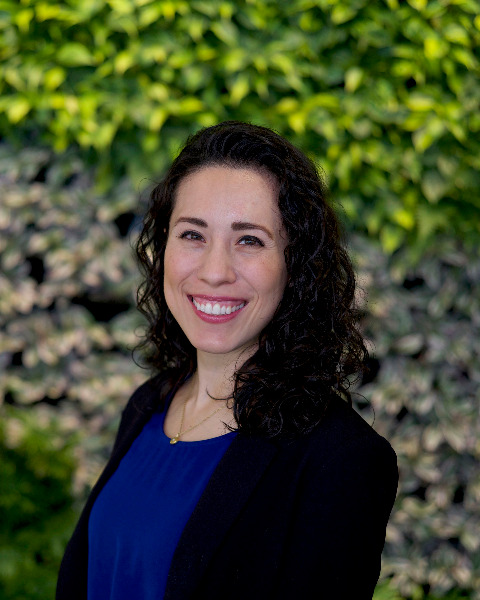
Laura Lara Castor, PhD, MS (she/her/hers)
Postdoctoral Scholar
University of Washington
Laura Lara-Castor is a postdoctoral scholar in the Cardiovascular Health Metrics program at the Institute for Health Metrics and Evaluation (IHME) at the University of Washington. Her work involves contributing to the estimation of cardiovascular disease burdens for the Global Burden of Disease (GBD). In her current role, Laura is committed to refining her quantitative and analytical skills to contribute with rigorous and meaningful research that positively impacts global health policies.
Before joining IHME, Laura earned her PhD in Nutritional Epidemiology and Data Science from the Friedman School of Nutrition Science and Policy at Tufts University. Her doctoral dissertation focused on analyzing intakes of sugar-sweetened beverages (SSBs) and quantifying their attributable cardiometabolic burden globally, regionally, and nationally. She stratified this analysis by key population subgroups including age, sex, education level, and area of residence. Furthermore, Laura modeled the impact of an SSB tax on SSB intakes and cardiometabolic burdens. Her research aims to inform current and future policies aimed at curbing SSB consumption, focusing on social inequities to efficiently improve global population health. Notably, her doctoral work received support from a highly competitive pre-doctoral fellowship from the American Heart Association and has been recognized in high-impact journals and awarded by the American Society of Nutrition.
Laura's academic journey also includes earning a master's degree in Nutrition and Metabolism from the School of Medicine at Boston University and a bachelor's degree in Nutritional Sciences from Universidad de las Americas Puebla, Mexico. She worked as a research assistant at the National Institute of Public Health in Mexico, contributing to projects focused on improving the detection and care of cardiometabolic diseases and their complications. These experiences provided her with valuable insights into public health challenges and the importance of evidence-based research, shaping her keen interest in public health, epidemiology, and quantitative methods.
Poster(s):
-
Monday, July 1, 202412:45 PM - 1:45 PM CT
